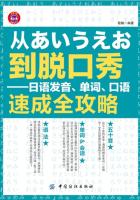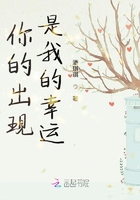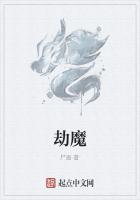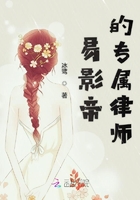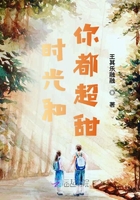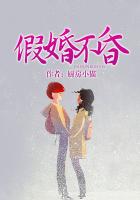These Mt. Yinqueshan bamboo slips, which were dated to the Han Dynasty (206 BC-220 AD), in fact, contained two texts: both dealing with issues concerned with military tactics: namely, Sun Tzu: The Art of War and Sun Bin: The Art of War. These two eminent strategists, who both achieved great success on the battlefield, had handed down military manuals to their offspring. The 1972 discovery was the final confirmation that Sun Tzu and Sun Bin were two different people who had written two different books, and in many ways it made things somewhat clearer for those who wished to carry out further research into the life and work of Sun Tzu and his unique contribution to Chinese and indeed global military history. Sun Wu was born in about 535 BC in Le’an, located in what was then the Qi State, in what is now the area around Huimin County, Shandong Province. Both his grandfather, Tianshu, and uncle, Tian Rangju, were eminent Qi generals. The Zuo Zhuan (Zuo’s Commentary on the Spring and Autumn Annals) contains a vivid account of a battle in which Tianshu commanded his troops with great distinction in 523 BC. At that time he led a group of soldiers in an assault on the city walls of the enemy. Some 60 soldiers were in the process of scaling the city walls when it seemed to them that their rope had broken. They cried out in great alarm, little knowing that the whole episode had been engineered by the wily Tianshu to spread fear among the besiegers. The plan worked perfectly and the soldiers inside the city walls fled in terror at the great clamour raised by the genuinely panicked attackers. The capture of the city without any loss of life was a significant achievement both for the Qi and for the shrewd Commander Tianshu, who was. granted an area named Le’an and invested with a new name, Sun, by the King in recognition of his services. The Qi State was a major military power during the Spring and Autumn Period (770 BC-476 BC) and with such military strength, an advanced military culture naturally developed. For about one thousand years the Qi State maintained a preeminent position in terms of military power and influence. Born into such a military family, Sun Tzu cannot but have been profoundly influenced by such militarily able
forebears. This was, after all, the Spring and Autumn Period (770 BC-476 BC) when the major channel of education was through learning from one’s immediate relatives. Undoubtedly the military background of the Sun family played a major part in the development of the young mind, who would one day write his own military masterpiece, The Art of War.
In contrast to the relatively peaceful Xia, Shang and Zhou Dynasties (21st century BC-256 BC)which preceded it, the Spring and Autumn Period (770 BC-476 BC) was a very warlike time. No less than 400 wars took place in slightly over 200 years. A warlike time inevitably results in every state seeking to maximize its military strength; militarism became the order of the day as each individual state looked to utilize their military might to achieve their territorial and political goals. During this turbulent period when China was being inexorably transformed into a feudal society, a veritable procession of great minds and philosophers, the greatest in Chinese history, entered the scene, as if magically summoned by the urgent imperatives of the age. Of these, Confucius, LaoTzu and Sun Tzu are perhaps the most well-known. It is an amazing coincidence of history that the three great works which form the very foundation of Chinese traditional culture, namely the Analects of Confucius, the TaoTeChing by Laozi and The Art of War by Sun Tzu, were written by three men who lived in roughly the same period.
In 1722 the French Catholic priest Joseph Amiot first introduced a European audience to The Art of War. Since then it has been translated into about 30 languages around the world. The English language has a well-known expression: “Business is war.” Perhaps that is why so many businessmen today in America and round the world find the ancient military lessons of Sun Tzu of surprising relevance to their own 21st century careers and aspirations. They find in the ancient military manual invaluable insights into how to operate a successful business in a competitive, cutthroat environment and how to predict and adapt to future business and international trade trends.
In the U.K., The Art of War enjoys an equally eminent reputation. Some of its theories, strategies and tactics are still widely applied in fields such as military affairs and economics. Even in the most famous military colleges, special courses on The Art of War are being taught.
Why has such a mania for the theories of Sun Tzu developed in Western intellectual circles and indeed among common people? One significant reason is that Sun Tzu represents an authentic Oriental worldview. With the increasing integration of the world economy and development of what has become known as the “global village,” both Chinese and foreigners need to deal with each other on a scale never previously witnessed; moreover, in order for western companies to penetrate the vast potentialities of the Chinese market, they need to come to some sort of understanding of the thinking patterns of the Chinese people as well as grasping how it is that the Chinese approach and solve problems. Indeed as Sun Tzu himself observed, “One who knows the enemy and knows himself, will not be in danger in a hundred battles.”


